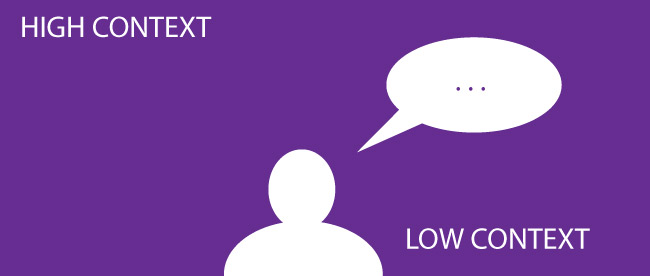
Japanese Coworker: “Can you come out drinking with us tonight?”
Me: “Actually…I…”
That little hesitation accompanied by the Japanese “Chotto…” (“Actually, I…”) or perhaps “Kyo wa chotto youji ga…” (“Today I’ve got something else…”) was almost always enough: No need to add elaborate excuses or to make up reasons for why I couldn’t make it to the party.
Saying “No” in America is much more difficult. We feel compelled to give a justifiable reason for declining even the most basic invites and requests:
“I’d love to come to your party, but I promised my wife I would take her to the City tonight.”
“Oh you need help packing for your move? Oh, shoot, I have guests coming to the house on Sunday.”
“Sorry I can’t come to your son’s birthday party, but I have to do some work this weekend. Deadlines!”
Basically, Americans want to know “why.”
There are strong cultural reasons for this. It has to do with what sociologists call high-context/low-context culture. Japan is understood to be a “high-context culture.” There is a rich amount of unspoken understanding shared between speaker and listener. In contrast, the US is a “low-context culture.” We have to explain (almost) everything.
This difference is not limited to the US and Japan. You can view a list of high-/low-context cultures here.
Understanding that these differences exist is important for effective cross-cultural communication. People from high-context cultures often feel that Americans talk too much. On the flip side, Americans may find people from high-context cultures to be a bit mysterious. We may understand their questions, but we can’t understand the motivation behind the question. This can be frustrating.
Fortunately, there is a solution. When you are in a conversation with someone from a culture at the opposite end of the high-/low-spectrum, consider the following:
If you are an American, try to get to the point. Shorten the explanation and stay focused on the key message.
If you are from a high-context culture, make sure you explain the background to your comment or request.